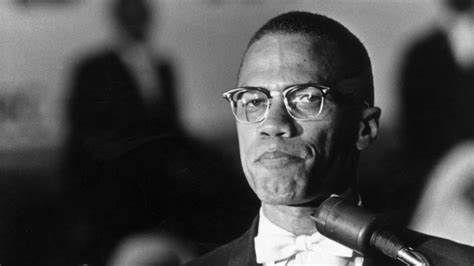
Introduction: February 21, 1965, marked a tragic day in American history as civil rights leader Malcolm X was assassinated at the Audubon Ballroom in New York City. His death sent shockwaves through the nation and the world, leaving behind a legacy of activism, empowerment, and a lingering mystery that continues to intrigue historians and scholars to this day.
Body: Malcolm X, born Malcolm Little, rose to prominence as a vocal advocate for Black empowerment and a key figure in the civil rights movement. His journey from a troubled youth involved in crime to a powerful orator and leader within the Nation of Islam, and later, an independent voice for racial justice, inspired many.
On that fateful day, Malcolm X was preparing to address the Organization of Afro-American Unity when gunmen opened fire on him. He was pronounced dead shortly after being rushed to the hospital. Three men, all associated with the Nation of Islam, were eventually convicted of his murder, but questions about the true motives behind his assassination lingered.
Malcolm X's death came at a critical juncture in the civil rights movement. His advocacy for Black nationalism and self-defense contrasted with the nonviolent approach of leaders like Martin Luther King Jr., sparking debates about the most effective means to achieve racial equality.
In the years since his death, Malcolm X's legacy has only grown. His speeches and writings continue to inspire new generations of activists fighting against racial injustice. The Malcolm X Museum in Harlem stands as a testament to his enduring influence.
Despite the passage of time, the circumstances surrounding Malcolm X's assassination remain shrouded in mystery. Conspiracy theories abound, with some suggesting that there was more to his death than meets the eye. The recent release of previously classified documents related to the case has reignited interest in uncovering the truth.
Conclusion: Malcolm X's death was a tragic event that shook the civil rights movement to its core. While the exact circumstances of his assassination may never be fully understood, his legacy as a tireless advocate for Black empowerment and justice lives on. As we reflect on his life and work, we are reminded of the ongoing struggle for racial equality and the importance of standing up against injustice.